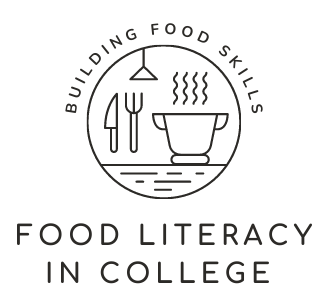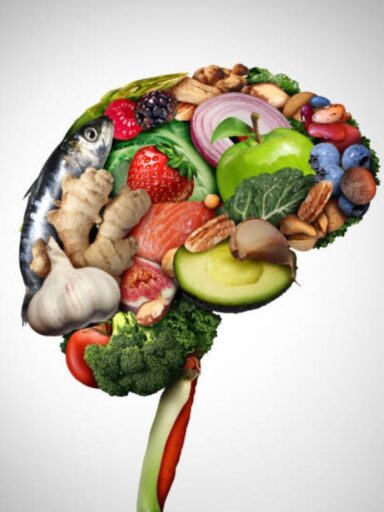Starting college can be an exciting time for most students, but it often comes with challenges like stress from academic pressure, adapting to a new social environment, and balancing a packed schedule. These factors can disrupt two critical aspects of health: stress levels and sleep patterns. Together, they play a major role in weight management, energy levels, and overall health and well-being. Understanding how stress and sleep can affect your metabolism, energy levels, hunger cycles, and overall well-being is key to thriving.
Many young people might think stress is just a feeling of anxiety they get when they feel overwhelmed. It actually affects the body in much more complex ways. When you are stressed, the body releases cortisol. Cortisol is a hormone designed to help you deal with immediate threats; your “fight or flight” response. In short bursts, this can be helpful. However, chronic stress – like cramming for exams or managing too many commitments – keep cortisol levels high. This can lead to increased appetite and cravings for comfort foods, which are typically high in sugar and fat.
This is often called “stress eating” or “emotional eating” and many seasoned college students will acknowledge that they turn to snacks or fast food when feeling overwhelmed, rather than tackling the root problem. Stress can also decrease your motivation to cook, exercise, or make healthier choices. This initiates a cycle: stress leads to poor food choices, which can lead to weight gain, which can add to the pre-existing stress. Poor sleep can also affect your hunger. The presence of hormones that are connected to your hunger and fullness, ghrelin and leptin, are affected during periods of low-sleep.1,2 When you are sleep deprived, ghrelin will increase and stimulate the feelings of hunger, and leptin will decrease and be incapable of sensing fullness. When these hormones are out of sync, you are more likely to reach for late-night snacks that are higher in calories and saturated fat.3
Sleep and stress also go hand-in hand to create a vicious cycle. College students frequently experience stress from exams, deadlines, and generally adjusting to new environments. When combined with insufficient sleep, the effects of cortisol can be amplified, making it even harder to maintain a healthy weight and lifestyle. Lack of sleep can also affect your decision-making abilities and cause you to feel too tired to engage in physical activity, further limiting your ability to burn calories and manage stress.4 This cycle of poor sleep, high stress, and low energy can quickly derail your health goals and may make problems worse.
It is important to strive for quality sleep lasting 7-9 hours, and establish a consistent bedtime routine. You might also want to try to practice stress management techniques that you enjoy, such as yoga, meditation, deep breathing, and journaling. Even 10 minutes a day can make a difference in reducing your cortisol level. The next time you’re feeling stressed and experiencing “emotional eating,” pause and ask yourself if you’re truly hungry, or just seeking comfort. If it’s the latter, try alternatives like talking to a friend, listening to music, or going for a walk. Physical activity is one of the most effective stress-busters because it boosts endorphins and helps counteract the effects of stress and cortisol.4 Whether it’s a full workout at the campus gym, or a quick walk between classes, movement matters.
A busy college life doesn’t have to mean sacrificing your health. By managing stress and making quality sleep a priority, you can improve your health and also feel more energized, focused, and ready to take on any challenges college might throw at you. Small changes to your daily habits can have a big impact on your overall well-being, helping you thrive both in and out of the classroom.
References:
- Cleveland Clinic. Ghrelin. Body Systems & Organs. 2022 Apr 21. https://my.clevelandclinic.org/health/body/22804-ghrelin
- Schwarcz J. Why Breakfast is a Must. Office for Science and Society. 2017 May 23. https://www.mcgill.ca/oss/article/did-you-know-nutrition/why-breakfast-must
- The Freshman 15: Myth or Reality? The Dietitian’s Digest. 2013 Sept 1. https://thedietitiansdigest.org/2013/09/01/the-freshman-15-myth-or-reality/
- Jones L. How to avoid the ‘Freshman 15.’ Hard News Cafe. 2008 Apr 9. https://www.usu.edu/today/story/how-to-avoid-the-freshman-15
- https://unsplash.com/s/photos/stress-sleep-eyes




